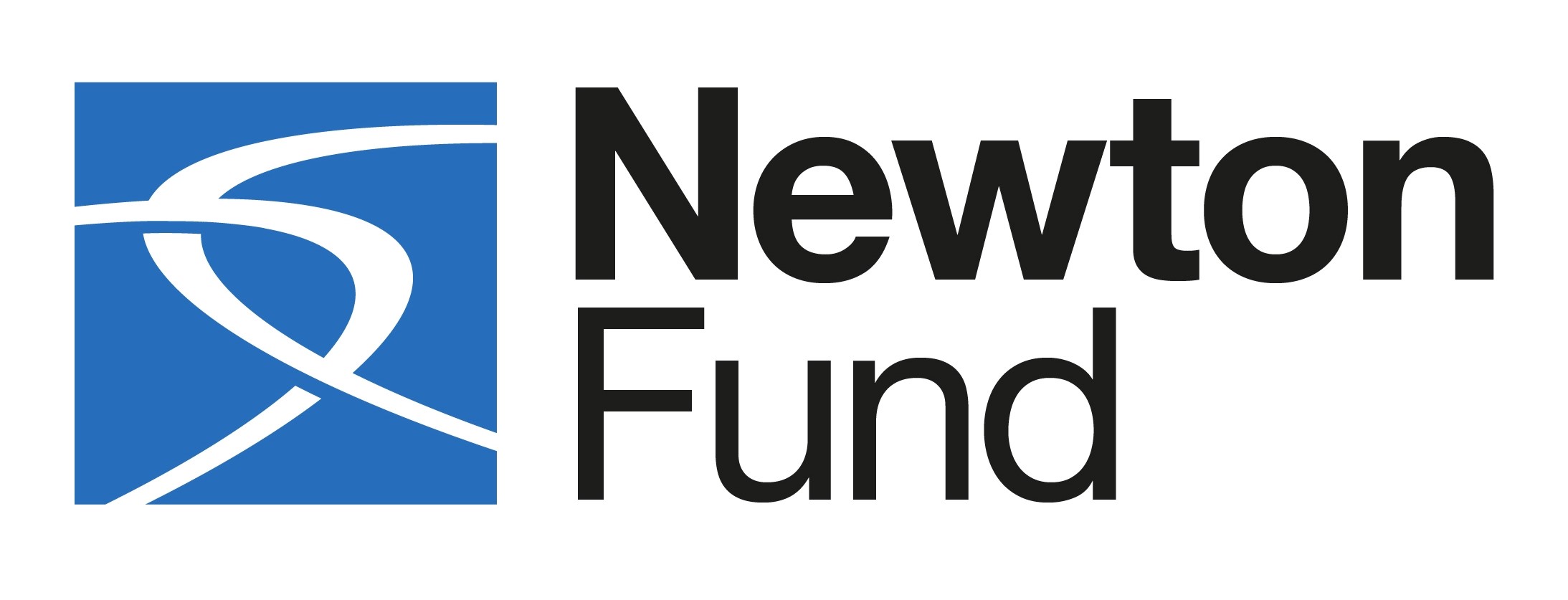The University of Huddersfield’s Global Disaster Resilience Centre takes lessons from tsunami warning system research into helping Sri Lanka to plan for and deal with pandemics like COVID-19.
The University of Huddersfield’s Global Disaster Resilience Centre (GDRC) is bringing its expertise to bear in a project to help disadvantaged countries prepare for pandemics following the award of £166,000.
The award comes from UK Research and Innovation (UKRI), funded through the Global Challenges Research Fund (GCRF) and the Newton Fund. The GDRC’s tsunami warning system work saw it share a £1million prize fund as one of the winners of the prestigious Newton Prize in 2019.
The project – “Improving COVID-19 and pandemic preparedness and response through a multi-hazard early warning system” – builds upon award-winning work around preparing for and dealing with tsunamis in Sri Lanka and the Indian Ocean region by the Huddersfield team.
Tsunami findings aid new research
The research will help Sri Lanka and the wider region to better prepare, respond and recover from disruptions caused by pandemic threats. The study results will influence the IOC-UNESCO ICG/IOTWMS Intergovernmental Oceanographic Commission of UNESCO, Intergovernmental Coordination Group for the Indian Ocean Tsunami Warning and Mitigation System, on approaches to assessing tsunami hazard preparedness and priorities for capacity development of member states.

Its benefits will extend to the 28 member states of the IOTWMS, 23 of which are developing countries. The GDRC is working alongside partners in Sri Lanka including its Ministry of Health, and the Universities of Columbo and Moratuwa, amongst other partners.
“We expect that this research will inform Sri Lanka of how to better prepare, respond and recover from disruptions caused by COVID-19 and other pandemic threats,” says Dilanthi Amaratunga, Professor of Disaster Risk Reduction and Management and head of the GDRC.
“Government agencies are already stretched trying to manage the COVID-19 response, but how would they cope if another major natural hazard occurred during this period?
“The project team will focus on the pandemic-natural hazard hybrid scenario, seeking to improve early warning and preparedness for such an event, as well as the availability of and access to multi-hazard early warning systems and disaster risk information”, added Richard Haigh , Professor of Disaster Risk Resilience of the GDRC.
Tackling the challenges posed by coronavirus on a global scale
The project will see researchers and experts from the UK and across developing countries working in partnership to directly address the negative impacts of COVID-19 on communities which are already vulnerable due to long-term conflict, food and water shortages and crowded living conditions. These awards are the first tranche to be announced by UKRI funded through the GCRF and the Newton Fund.
Professor Andrew Thompson, UKRI’s International Champion, said: “COVID-19 is demonstrating just how interconnected our world is and how our biggest challenges transcend rich and poor countries. Working together, researchers across the UK and the Global South are combining their knowledge and experience to develop innovative solutions to empower local communities to overcome the wide-ranging challenges created by COVID.”
Business Secretary Alok Sharma added: “Defeating coronavirus is a truly global endeavour, which is why we’re backing Britain’s scientists and researchers to work with their international counterparts to find tech solutions to treat and combat this virus around the world.”
Tsunami research wins Newton Prize
Professor Richard Haigh and Professor Dilanthi Amaratunga's research wins £200,000 prize
Tsunami warning exercise a success
GDRC oversee exercise in Sri Lanka on tsunami preparations
GDRC makes 2019 Newton Prize shortlist
Nomination is for research to protect communities in Indonesia and across the Indian Ocean from tsunamis
